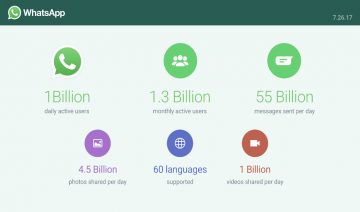Android version 8.0 codenamed Oreo was released this week and with it came a flood of new features.
[If you have yet gotten yourself up to speed with all the bells and whistles Android 8.0 brings, this article would level it out for you.]
With all the improvements Oreo brings, including speed and battery life enhancements, there’s one little drawback you will have to sacrifice in favor of “security” as Google present it.
Where Did That Feature Go?
Early adopters, please don’t say you haven’t been warned, but if you’re one of those users who like to install third-party apps from what is referred to as “Unknown Sources“. Upon upgrading, you shall now find out that feature is gone.
So now, instead of sweepingly enable or disable installation from sources that aren’t Google, you will have to approve app installations on a basis of one app at a time, once prompted by Android to do so.
The drop of the old behavior in favor of the new one is justified by Google thus:
“A common strategy employed by PHA [Potentially Harmful Apps] authors is to deliver their apps via a hostile downloader. […] Users who have enabled the installation of apps from unknown sources leave themselves vulnerable to this deceptive behavior.”
To their credit, it should probably be pointed out that approving installations from unknown sources on a one by one basis does carry some merits to certain users. That said, there are still those informed users who would just prefer to get it over with in one shot, instead of being bothered for every installation you make.
Therefore it’d probably made much more sense to leave the first option available while adding the new one as default.
But, at the end of the day, the real question is not whether approving unknown sources installations one by one really do facilitates a higher security standard, the hidden message most users won’t probably catch on their radar is that the new feature actually facilitates another bump on the road for those who want to break out of Google’s monopoly and use other products that aren’t found in the Play Store.
To illustrate how being bound solely to Google Play may affect you, there are great 3rd-party apps that you won’t find inside the Play Store such as Mobdro for instance, just imagine that at some point you won’t be able to install it, or any similar app, at all on any Android device or version you may be using.









